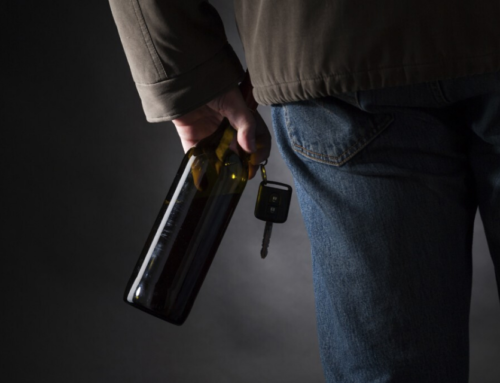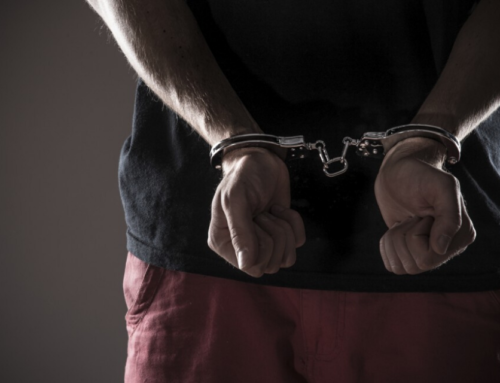The breathalyzer test is a standard tool for police officers when they investigate a case of a motorist possibly driving under the influence of alcohol. The test often is applied after a motorist has first undergone a field sobriety test, which involves a series of basic tasks that can be performed on the side of the road.
There are two primary types of breathalyzer tests. One is the portable test that can be administered by police officers in the field, often by the side of the road. The second test is a more sophisticated version that often is administered back at a police station.
Portable breathalyzer tests typically are not admissible in court as evidence of impairment and can only be used by officers as probable cause to arrest someone on suspicion of DUI. The tests administered at the station are more likely to be admissible in a case. However, breathalyzer test results are not always accurate. Depending on the circumstances of the test, a defense attorney may see a reason to challenge the results if a prosecutor advances them as evidence.
There are a number of factors that can affect the result of the breathalyzer test and produce inaccurate results. Unlike a blood test, a breathalyzer test does not directly measure the amount of alcohol in someone’s blood. Instead, it measures the alcohol in someone’s breath when they blow into the breathalyzer. A blood alcohol content is calculated based on that measurement, using a formula built on the alcohol level found in blood as it usually compares to the alcohol found in exhaled air. This means that a number of minor elements that affect the alcohol levels in someone’s breath can throw off the test, including burping, vomiting, certain medicines or mouthwash. Other factors such as body temperature, breathing rate and even atmospheric pressure also can skew the results.
In addition, breathalyzers are not unlike other devices in that they need to be maintained properly to work effectively. A breathalyzer that has not been calibrated and serviced may provide unreliable results. Police departments must keep maintenance records for their breathalyzers to demonstrate their readiness for use.
Breathalyzer tests are not considered to be as scientifically accurate as blood tests at measuring someone’s blood alcohol level. In fact, breathalyzer tests’ vulnerability to outside factors means that police officers may require a driver to submit multiple breath samples to the test to find a consistent result.
In Virginia, refusing to submit to a breathalyzer test can result in a charge of “unreasonable refusal”, the penalty for which on a first offense is a one year suspension of your license. It is important to consider this consequence as well as the fact that you are essentially providing evidence that can be used against you when deciding whether or not to provide a breath sample.




